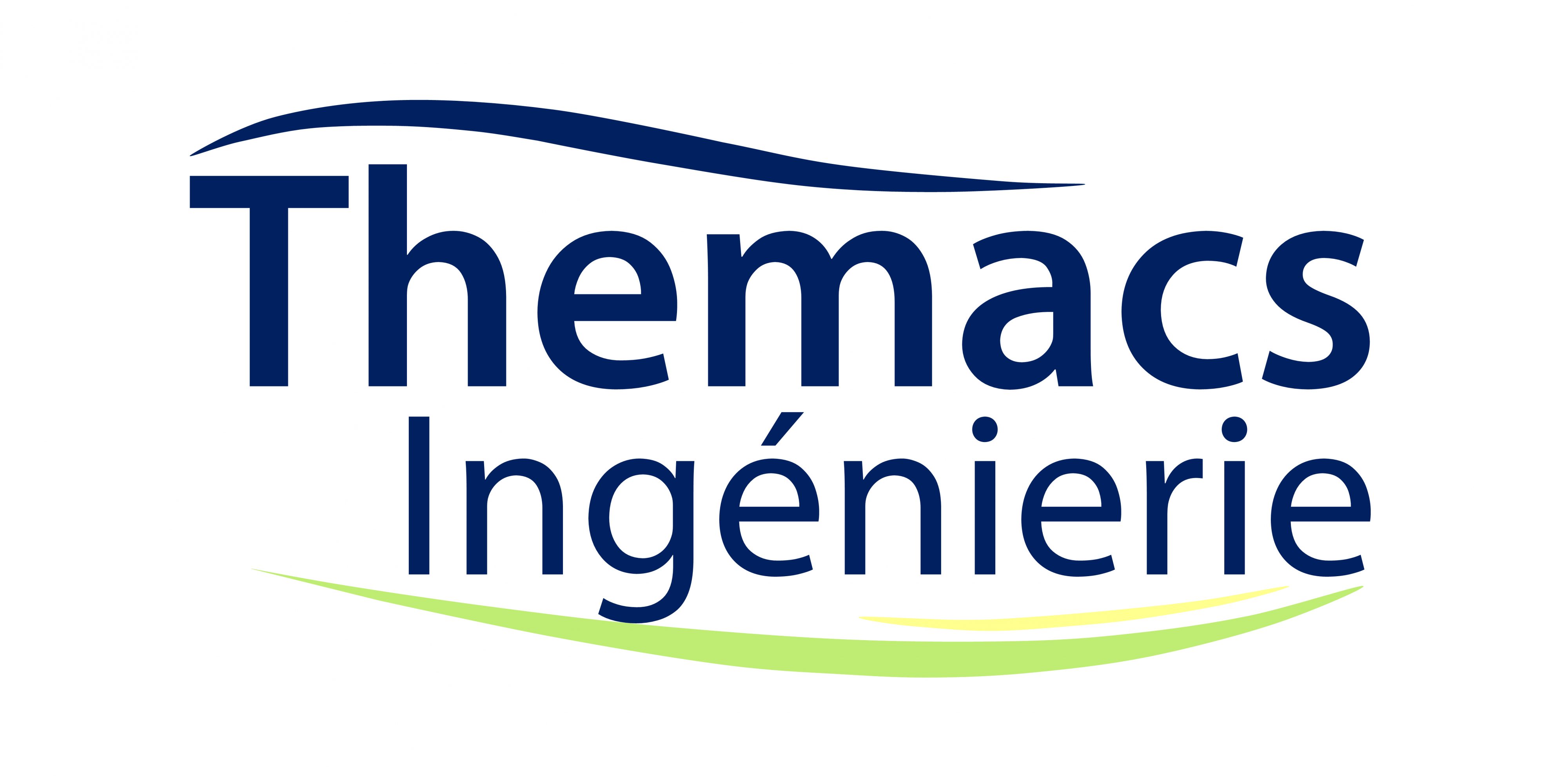Emissivity
Posté le 21 November 2018 dans News
The ability of a material to emit heat radiatively is called its emissivity. This coefficient of emissivity ε varies as a function of the wavelength of the emitted signal, and reflects the capacity of a material to emit energy by radiation. It is calculated by the ratio between the energy radiated by a material and the energy radiated by a black body at the same temperature (a black body is the theoretical ideal with an emissivity of 1, whereas any real material has an emissivity of less than 1). It is a dimensionless number, therefore without a unit of measure. Materials found inside a building typically emit radiation in the form of infrared rays of very long wavelengths. Namely also that for a given wavelength, the absorption coefficient of a material is equal to the coefficient of emissivity.
Principle of emissivity measurement
Themacs offers three types of emissivity measurements: spectral or total directional emissivity measurements and total hemispheric emissivity measurements.
Spectral directional emissivity measurement (2 to 16 μm)
We measure spectral directional emissivity using a portable spectrometer, which allows us to carry out our controls directly on site.
Measurement of spectral and total hemispheric emissivity (1 to 50 μm)
Hemispherical emissivity is measured using the EM3 emissometer. We propose spectral measurements of the emissivity and the reflection factor from 2 to 20 μm, with the possibility of an additional measurement of 1 to 50 μm by global method (on request).
Characteristics derived from the emissivity measurement
By measuring the emissivity, and in conjunction with a measurement of the thermal conductivity, we can determine the diffusivity of a material. These parameters allow the characterization of the material. It is also possible, in conjunction with a measurement of albedo, to evaluate the thermal equilibrium of a surface subjected to solar radiation.

